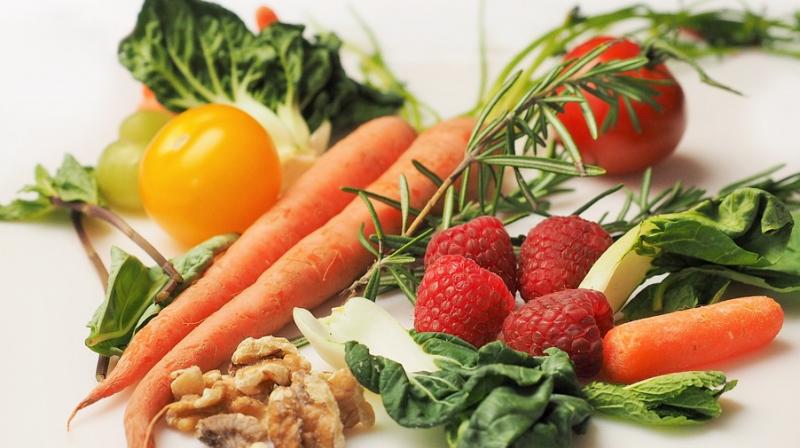Organic farming impact climate, says study
Organically farmed food occupies larger land which impacts weather.

Washington: Organically farmed food always seemed like a better alternative when it comes to consuming healthy food. However, according to a recent study, Organically farmed food has a bigger impact on climate than conventionally farmed food, due to the greater areas of land required.
As part of the study, the researchers developed a new method for assessing the climate impact of land-use, and used this, along with other methods, to compare organic and conventional food production. The results show that organic food can result in much greater emissions.
"Our study shows that organic peas, farmed in Sweden, have around a 50 per cent bigger climate impact than conventionally farmed peas. For some foodstuff, there is an even bigger difference, for example, with organic Swedish winter wheat the difference is closer to 70 per cent," said Stefan Wirsenius, lead author of the study.
The reason why organic food is so much worse for the climate is that the yields per hectare are much lower, primarily because fertilisers are not used. To produce the same amount of organic food, you, therefore, need a much bigger area of land.
The ground-breaking aspect of the new study is the conclusion that this difference in land usage results in organic food causing a much larger climate impact. The findings of the study were published in the Journal of British Journal of Psychiatry.
"The greater land-use in organic farming leads indirectly to higher carbon dioxide emissions, thanks to deforestation. The world's food production is governed by international trade, so how we farm in Sweden influences deforestation in the tropics. If we use more land for the same amount of food, we contribute indirectly to bigger deforestation elsewhere in the world," explained Wirsenius.
Even organic meat and dairy products are, from a climate point of view, worse than their conventionally produced equivalents, claims Stefan Wirsenius.
"Because organic meat and milk production uses organic feed-stock, it also requires more land than conventional production. This means that the findings on organic wheat and peas in principle also apply to meat and milk products. We have not done any specific calculations on meat and milk, however, and have no concrete examples of this in the article," he explains.

